Tensions escalated at the Lebanon-Israel border when early on October 13, the Israeli army sent tanks to illegally enter the United Nations Peacekeeping Force (UNIFIL) stationed in southern Lebanon. In the context of widespread conflict in the Middle East, on October 13, 40 countries sending troops to UNIFIL strongly protested the attacks on the peacekeepers.
Ensuring the safety of UNIFIL staff
According to UNIFIL, two Israeli Defense Forces (IDF) Merkava tanks destroyed the main gate and entered the UNIFIL base in the Ramia area. The tanks remained for approximately 45 minutes before withdrawing. The incident occurred while the peacekeepers were in shelters.
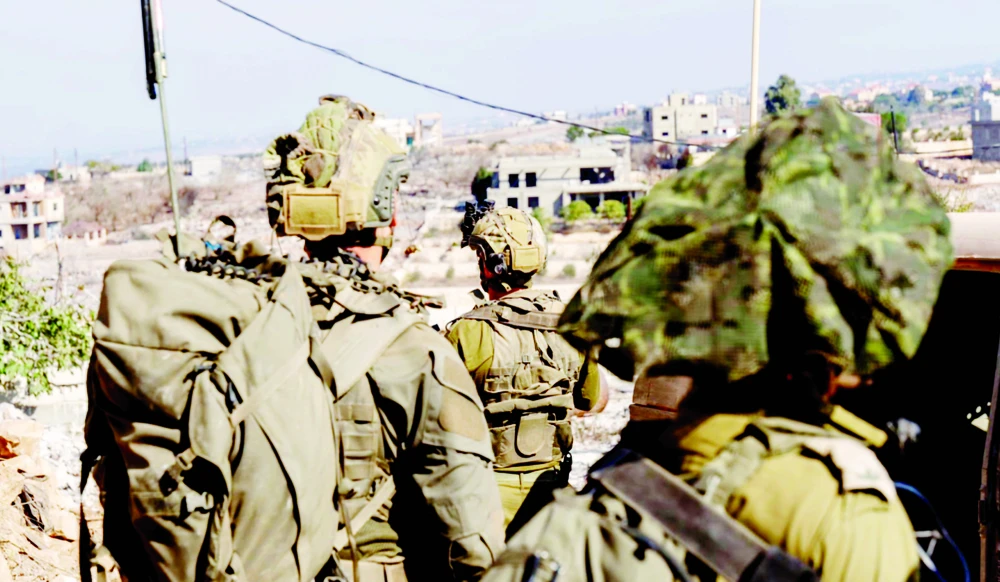
UNIFIL strongly condemned the action, saying it was a serious violation of UN Security Council resolutions. UNIFIL demanded an explanation from Israel for this illegal intrusion. A day earlier, Israeli soldiers had also blocked an important UNIFIL logistics convoy near Mais al-Jabal, refusing to allow it to pass.
The incident comes amid escalating fighting between the Israeli army and Hezbollah forces along the border. UNIFIL said its headquarters in Naqoura and surrounding areas had been attacked several times recently. At least five UNIFIL soldiers have been injured since the conflict began.
UNIFIL currently has about 9,500 troops from many countries, with the mission of monitoring the 2006 ceasefire between Israel and Hezbollah. In the same year, the Security Council (UNSC) passed resolution 1701 stipulating that only the Lebanese army and UN peacekeeping forces could be deployed in southern Lebanon. According to UNIFIL spokesperson Andrea Tenenti, the conflict has caused severe damage to UNIFIL bases. Mr. Tenenti warned of the risk of a regional conflict disaster, in the context of the Israeli army attacking Hezbollah in Lebanon and the Hamas movement in the Gaza Strip on two fronts, and affirmed that there is no military solution to the current situation.
According to statistics from the Lebanese Ministry of Health, Israeli airstrikes on three villages outside Hezbollah bases killed at least 15 people on October 12.
New escalation phase
According to a recent article on the russiancouncil.ru website of the Russian Council on International Affairs, the low-intensity conflict between Israel and Hezbollah that has lasted for a year has entered a new phase of escalation.
For the past year, Israel has maintained a reactive strategy of responding to Hezbollah attacks without taking any proactive action until recent Israeli strikes on Hezbollah positions. In late August, the IDF conducted airstrikes in southern Lebanon to deter a possible Hezbollah attack in response to the assassination of commander Fuad Shukr. Hezbollah responded by launching a massive missile attack on Israeli territory. Israel announced the start of a limited ground operation in Lebanon. A day later, Iran responded by launching 180 missiles at Israel. Since then, the possibility of a large-scale conflict has increased.
These events have raised legitimate concerns about the possibility of a full-scale war and have significantly increased tensions, threatening not only Lebanon’s internal security but also the stability of the entire region. Such an uncontrolled escalation could lead to a chain reaction affecting neighboring countries and potentially drawing them into conflict.
Synthesized HAPPY CHI
Source: https://www.sggp.org.vn/lien-hop-quoc-canh-bao-tham-hoa-o-trung-dong-post763499.html


![[Photo] Closing of the 4th Summit of the Partnership for Green Growth and the Global Goals](https://vstatic.vietnam.vn/vietnam/resource/IMAGE/2025/4/17/c0a0df9852c84e58be0a8b939189c85a)

![[Photo] Promoting friendship, solidarity and cooperation between the armies and people of the two countries](https://vstatic.vietnam.vn/vietnam/resource/IMAGE/2025/4/17/0c4d087864f14092aed77252590b6bae)
![[Photo] National Assembly Chairman Tran Thanh Man meets with outstanding workers in the oil and gas industry](https://vstatic.vietnam.vn/vietnam/resource/IMAGE/2025/4/17/1d0de4026b75434ab34279624db7ee4a)
![[Photo] General Secretary To Lam receives French Ambassador to Vietnam Olivier Brochet](https://vstatic.vietnam.vn/vietnam/resource/IMAGE/2025/4/17/49224f0f12e84b66a73b17eb251f7278)
![[Photo] Nhan Dan Newspaper announces the project "Love Vietnam so much"](https://vstatic.vietnam.vn/vietnam/resource/IMAGE/2025/4/17/362f882012d3432783fc92fab1b3e980)
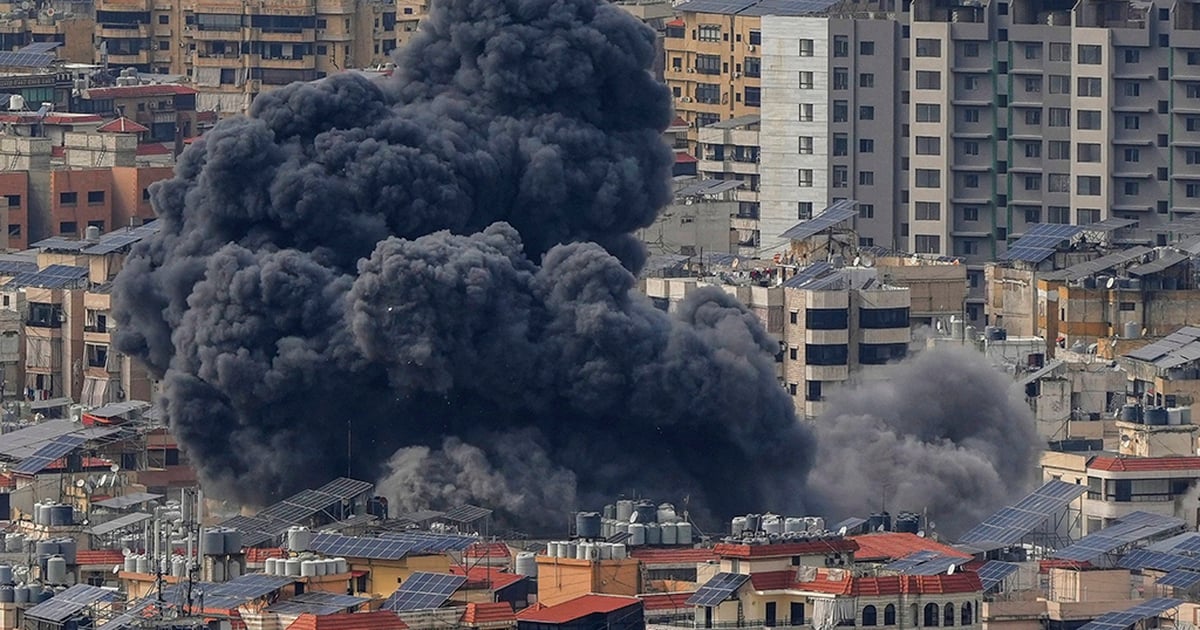

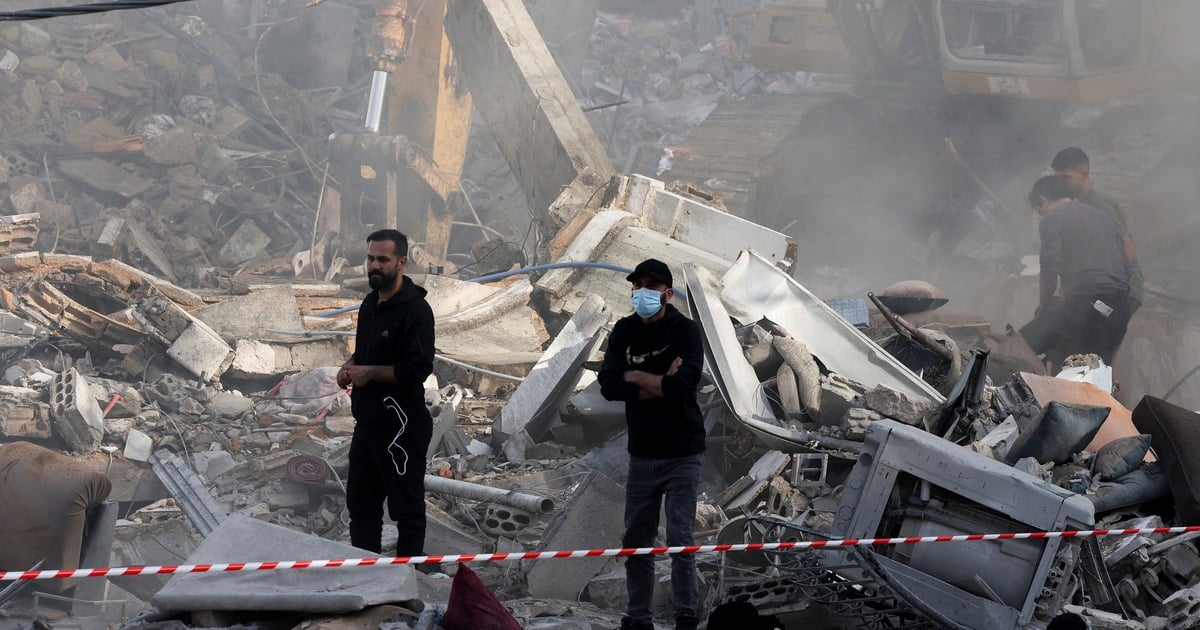
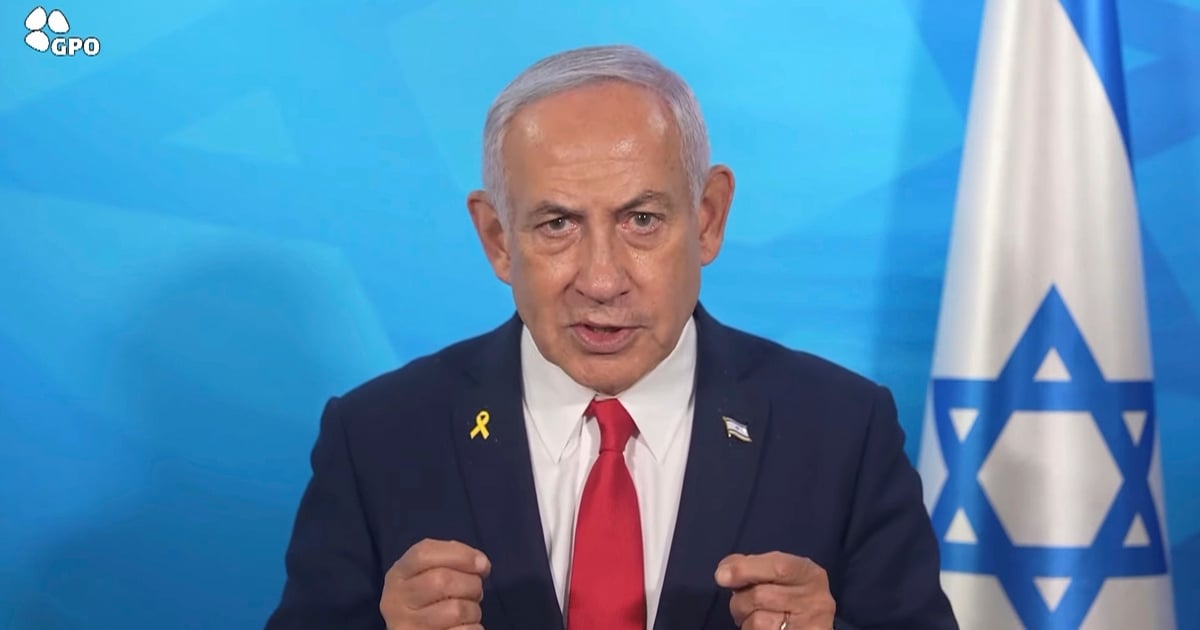
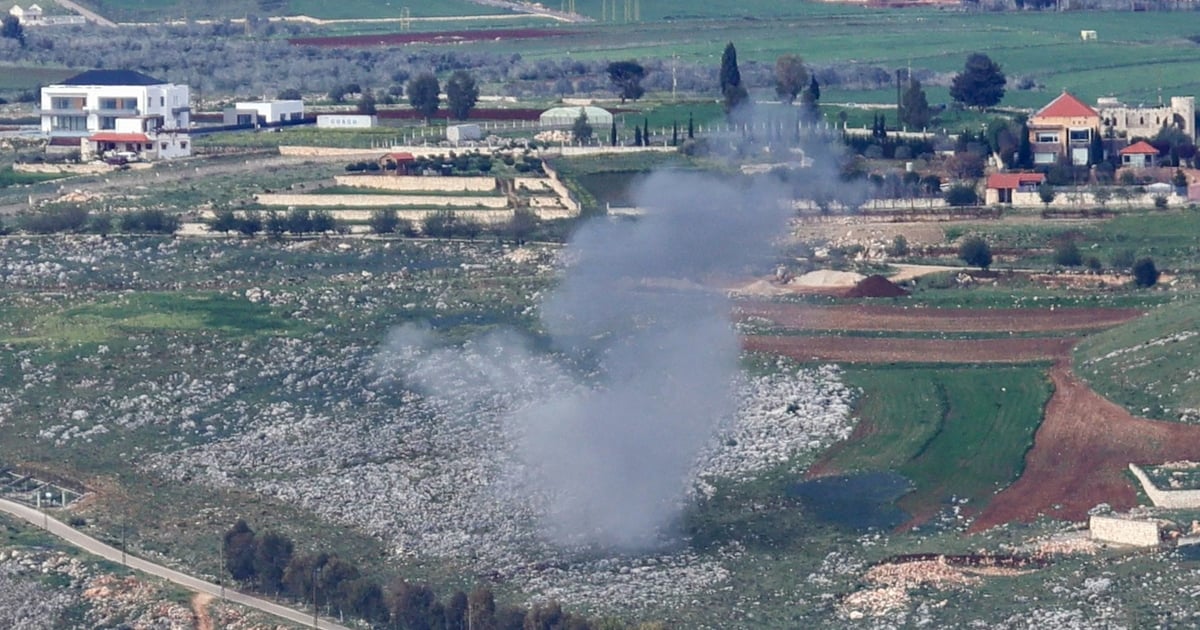
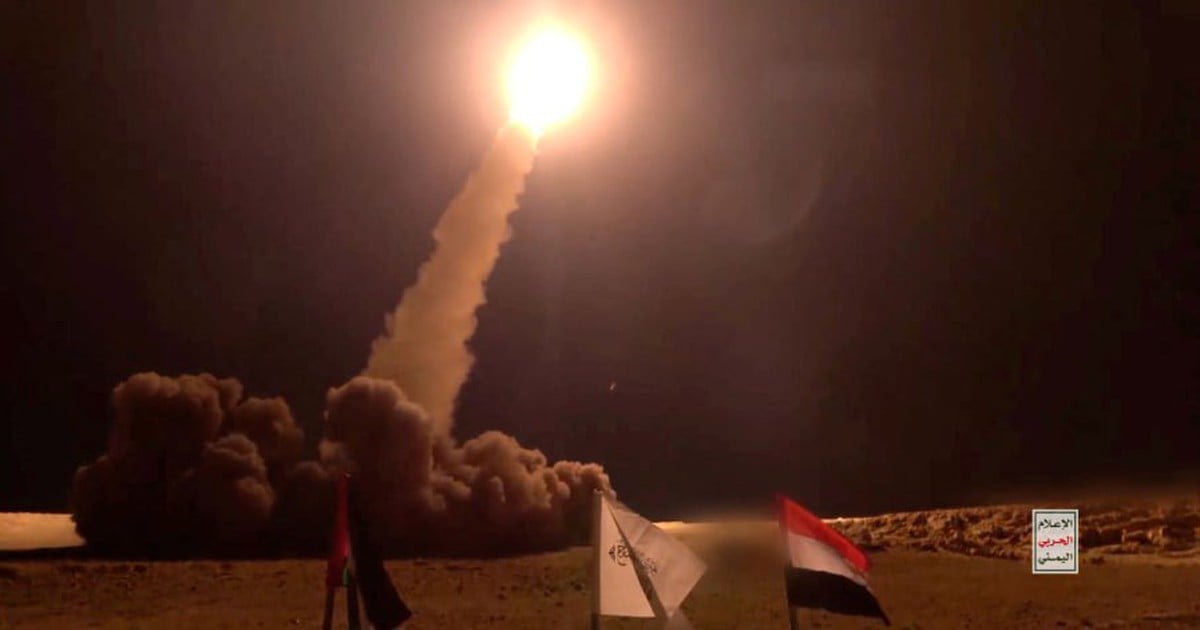
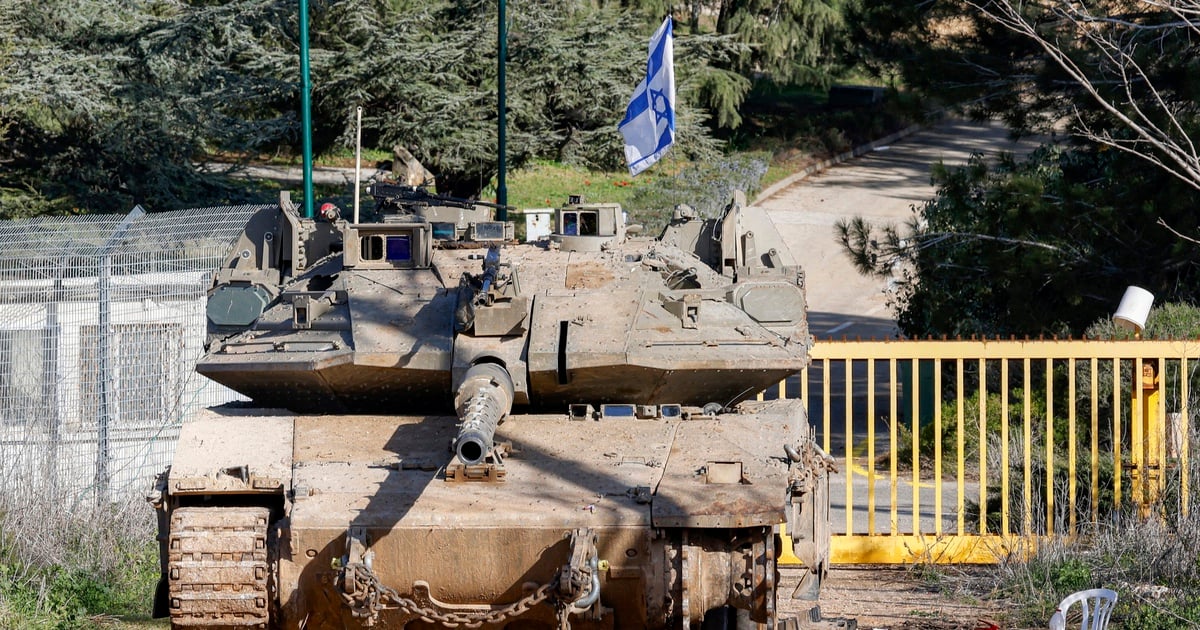
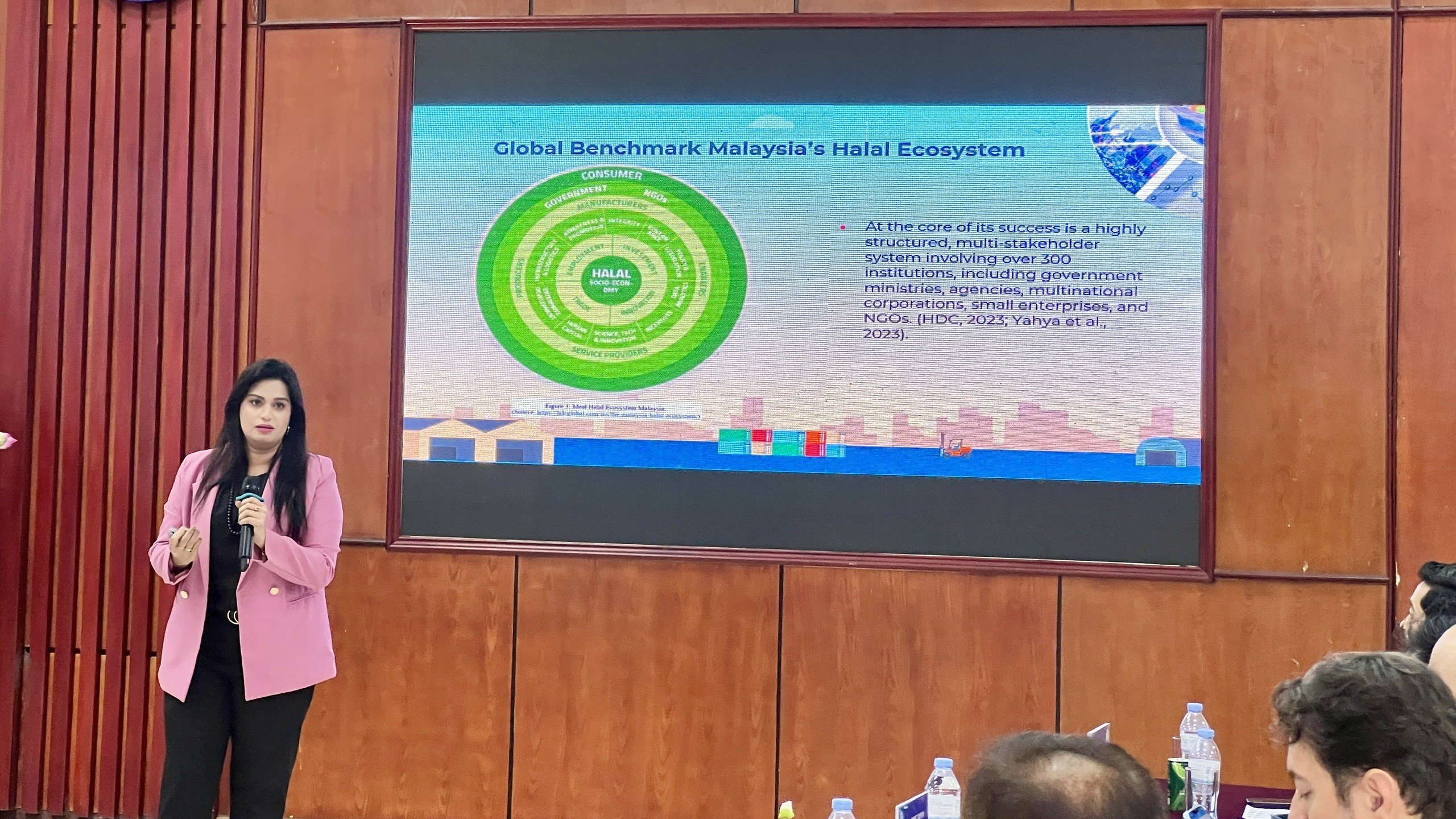
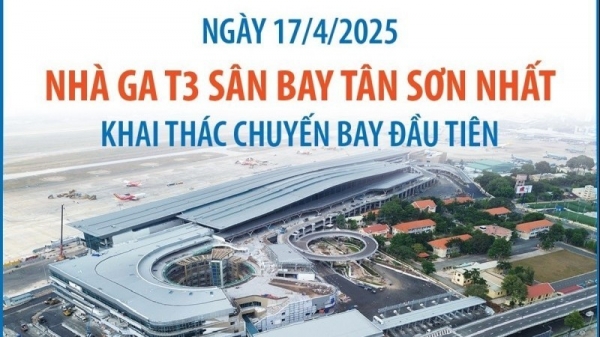
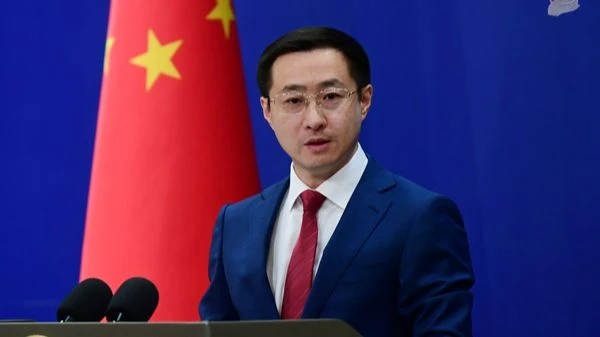
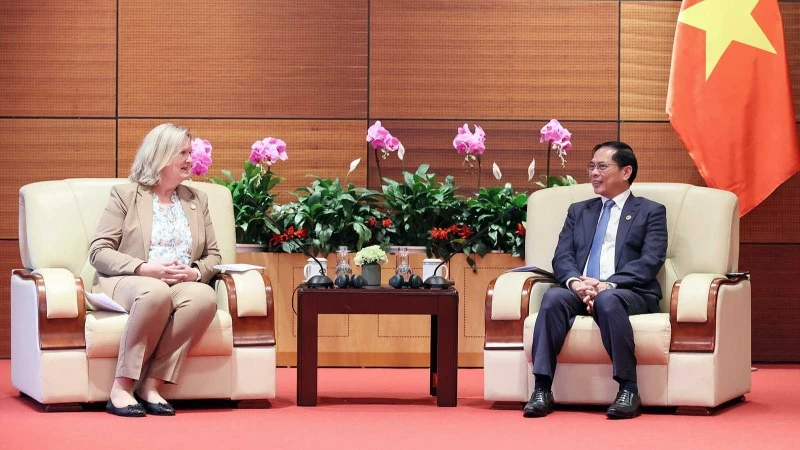
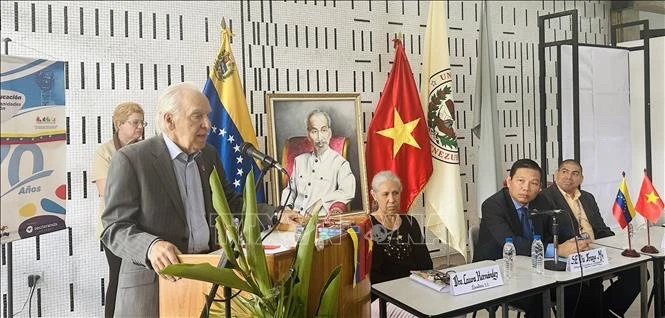
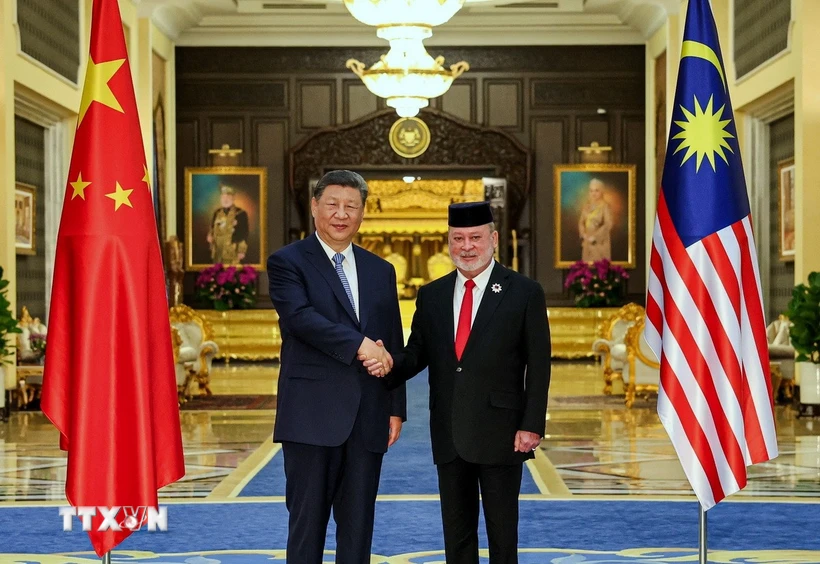




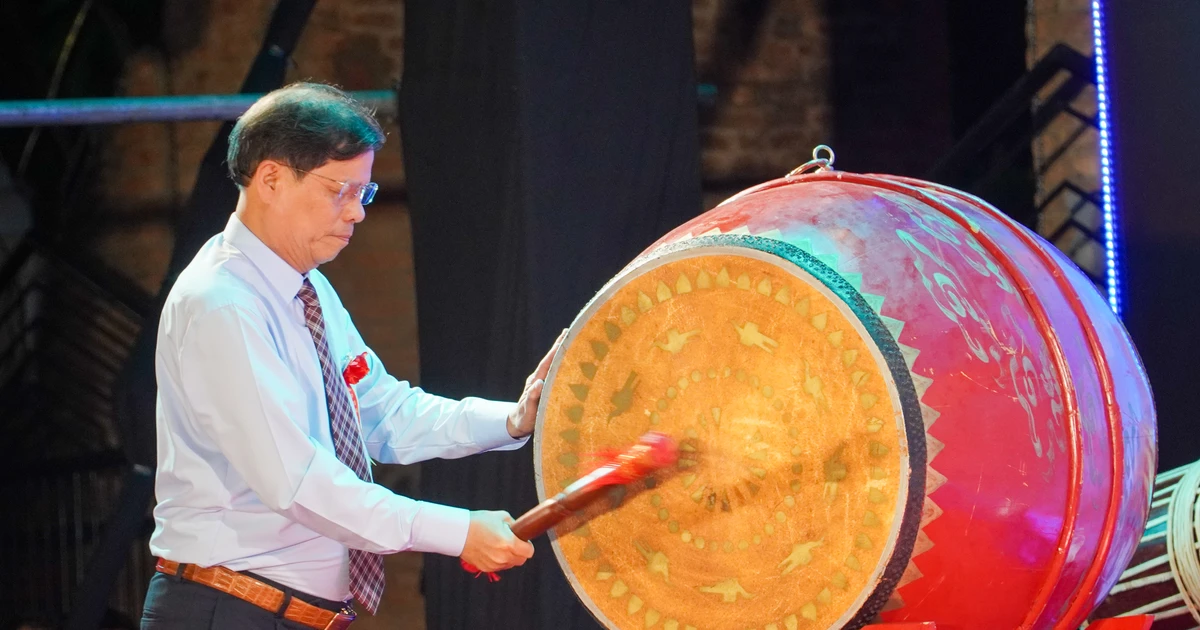




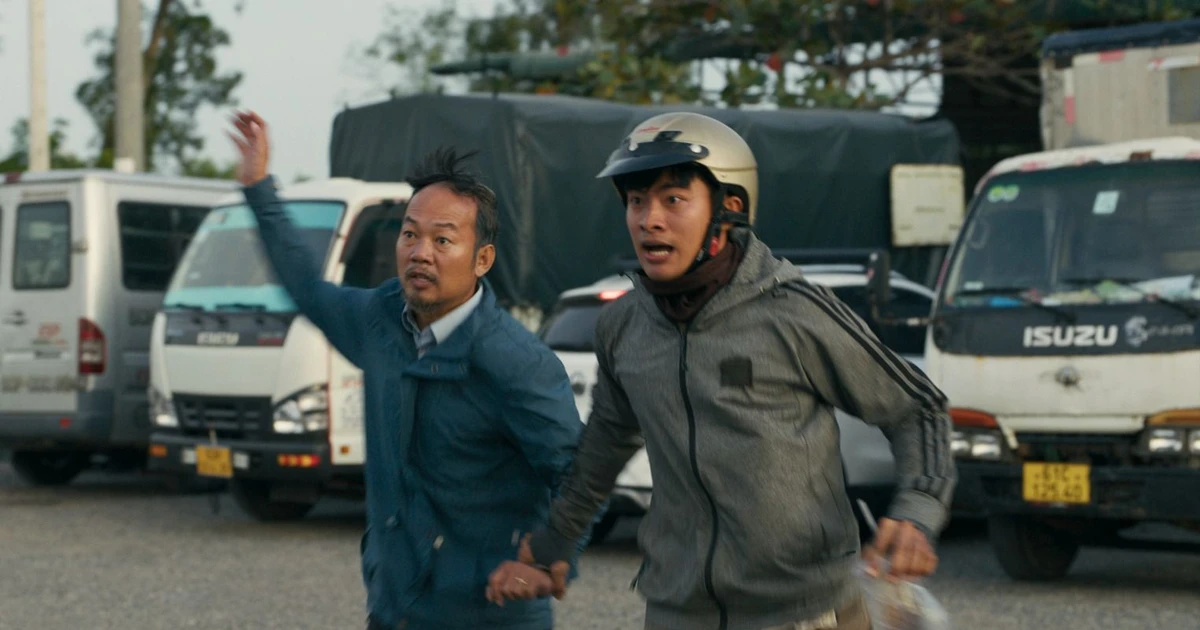
![[Photo] Welcoming ceremony for Chinese Defense Minister and delegation for friendship exchange](https://vstatic.vietnam.vn/vietnam/resource/IMAGE/2025/4/17/fadd533046594e5cacbb28de4c4d5655)




























![[Video] Viettel officially puts into operation the largest submarine optical cable line in Vietnam](https://vstatic.vietnam.vn/vietnam/resource/IMAGE/2025/4/17/f19008c6010c4a538cc422cb791ca0a1)

















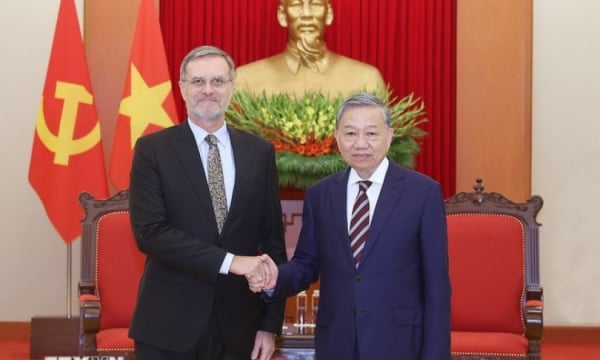




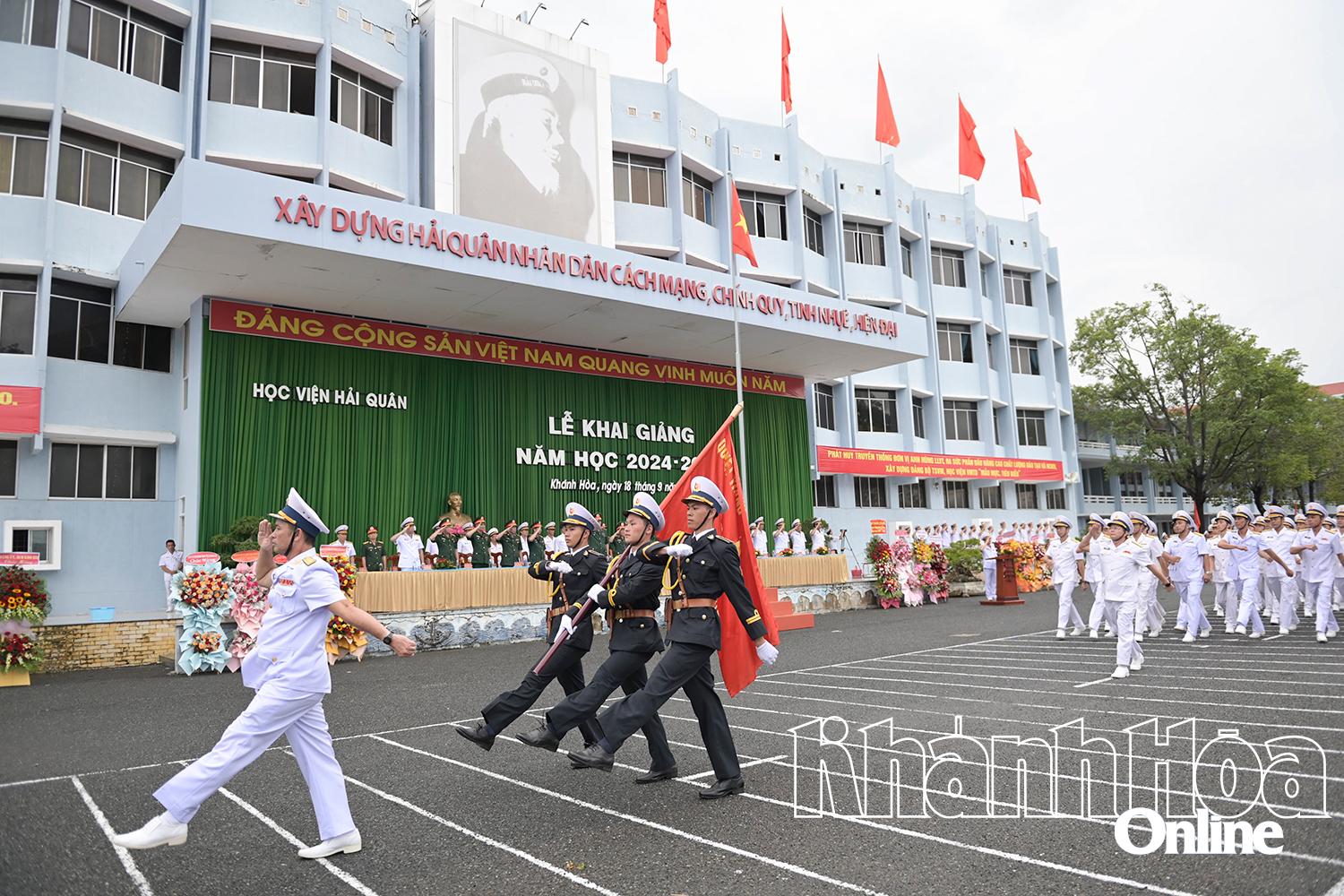















Comment (0)